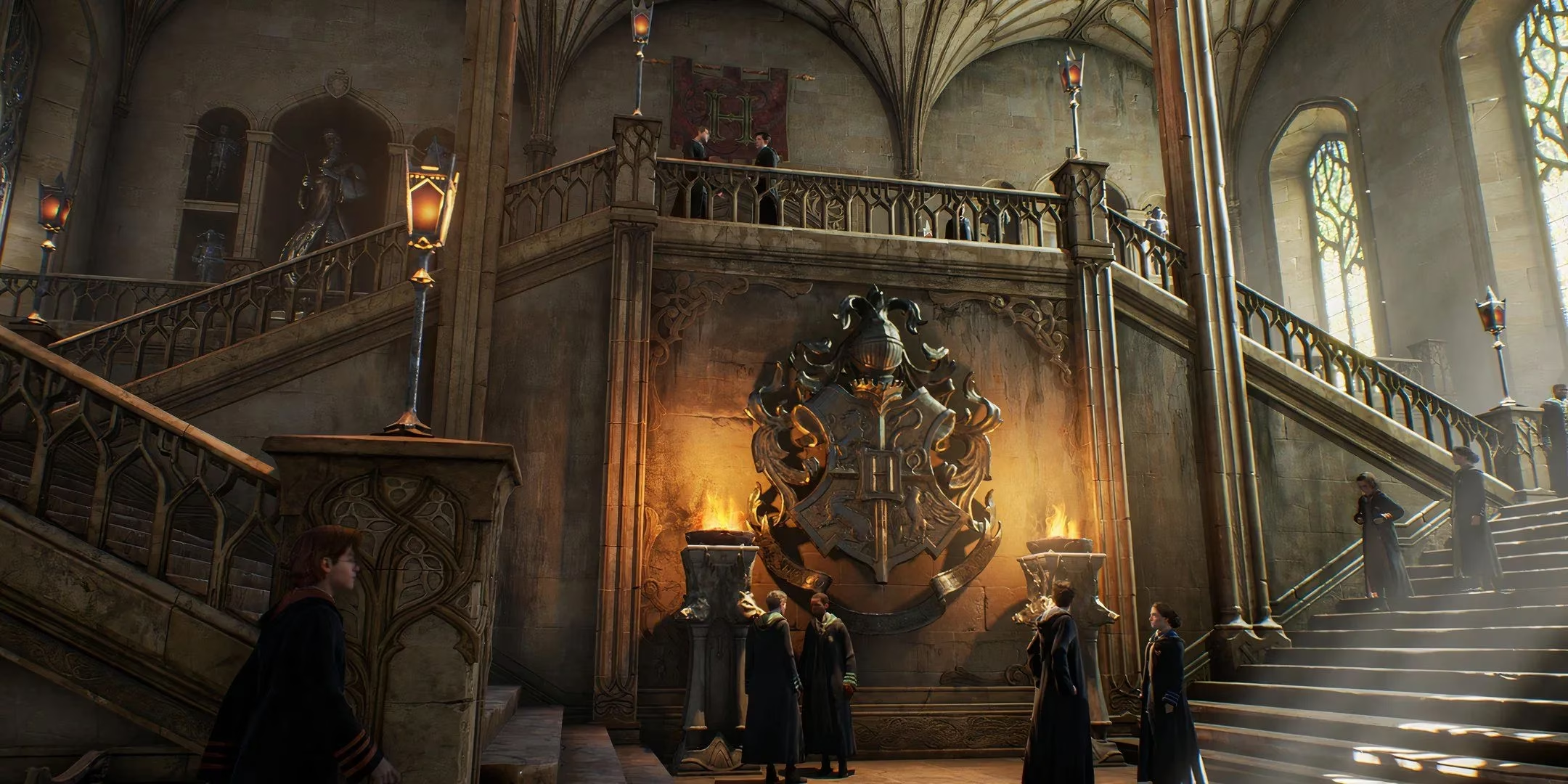Hogwarts Legacy cast an undeniable spell on gamers worldwide, becoming 2023's best-selling title by enchanting over 30 million players with its magical open world. Fans happily spent hundreds of hours attending potions class, taming hippogriffs, and exploring secret passages – yet when it came to promised DLC expansions, Warner Bros. pulled a disappearing act more impressive than any invisibility cloak. The abrupt cancellation left players staring at their wands like confused first-years, wondering why such a phenomenally successful game received less post-launch support than a broken Nimbus 2000. One can practically hear the collective sigh echoing through the Great Hall, a melancholic chorus of disillusioned witches and wizards who expected more magical adventures.

The official explanation feels like getting hit with a poorly cast Rictusempra tickling charm – uncomfortable and slightly ridiculous. According to insider reports, Warner Bros. canned the DLC because they deemed the expansion "too small to justify the price." Seriously? After racking up astronomical sales that could make Gringotts goblins blush? It’s downright baffling. Imagine brewing a perfect Felix Felicis potion only to dump it down the drain because the vial wasn’t ornate enough. The studio’s logic seems to suggest that unless an add-on contains an entire new wizarding school, it’s not worth releasing. This stinginess feels particularly jarring considering how other franchises thrive on modest DLC drops – but alas, common sense appears to be a Hogwarts subject Warner Bros. skipped.
Honestly, a tiny part of me wonders if this was just corporate cowardice disguised as fiscal responsibility. They could’ve easily:
-
Released a $10-15 DLC with 5 hours of new quests
-
Added a new magical creature reserve or Hogsmeade expansion
-
Introduced seasonal events (Yule Ball anyone?)
-
Tested waters for future content
Instead, they chose complete radio silence. It’s like finding a secret room behind a moving staircase only to discover it’s just a broom closet.
What truly stings is knowing how much potential got vaporized. Avalanche Software crafted such a richly detailed world that even minor additions could’ve sparked joy – a handful of new spells, a quirky side character, or even just decorative common room items would’ve been devoured by fans. The cancellation especially hurts when remembering how many players formed genuine emotional connections with their custom characters. My own Hufflepuff protagonist still lingers in my mind, forever frozen in time without her promised adventures. Warner Bros. essentially told millions: "Your continued engagement isn’t worth our minimal effort." Ouch. That rejection hits harder than a rogue bludger.
Perhaps the biggest tragedy is the wasted opportunity for bridge-building. A small, affordable DLC could’ve been:
| Potential Benefit | Why It Mattered |
|---|---|
| Player Retention | Keep community alive during sequel development |
| Creative Testing | Gauge interest in new features/mechanics |
| Goodwill Generation | Repair trust after controversial launch |
| Revenue Stream | Low-risk profit from existing assets |
Instead, they chose the nuclear option. The sheer corporate shortsightedness feels almost comical – like using an ancient basilisk to exterminate common garden gnomes.
Ultimately, Hogwarts Legacy deserved far more than this underwhelming epilogue. The game wasn’t just commercially successful – it fulfilled childhood fantasies with remarkable authenticity. That soaring first flight on a hippogriff? The wonder of discovering the Room of Requirement? These weren’t just gameplay moments; they were emotional portkeys back to first reading the books. Which makes Warner Bros' abandonment especially cruel. They held the golden snitch of gaming potential... and fumbled it spectacularly. One can’t help but feel a bitter irony – in a universe about magic, the publishers forgot the most important spell: sustained effort. Maybe they confused "finite" with "finish."
As we look toward the inevitable Hogwarts Legacy sequel in 2026, this whole debacle leaves a lingering question hanging heavier than the ceiling in the Great Hall: When a game captures lightning in a bottle this brilliantly, what responsibility do publishers have to nurture that magic beyond the initial release?